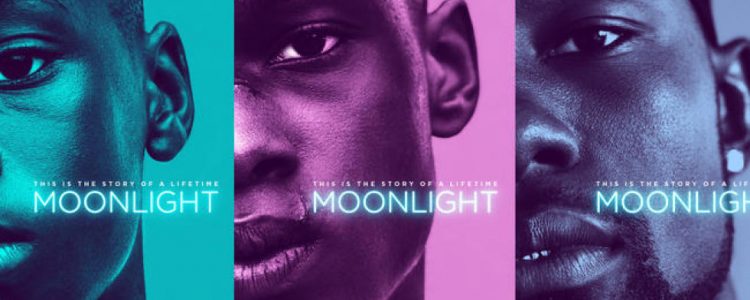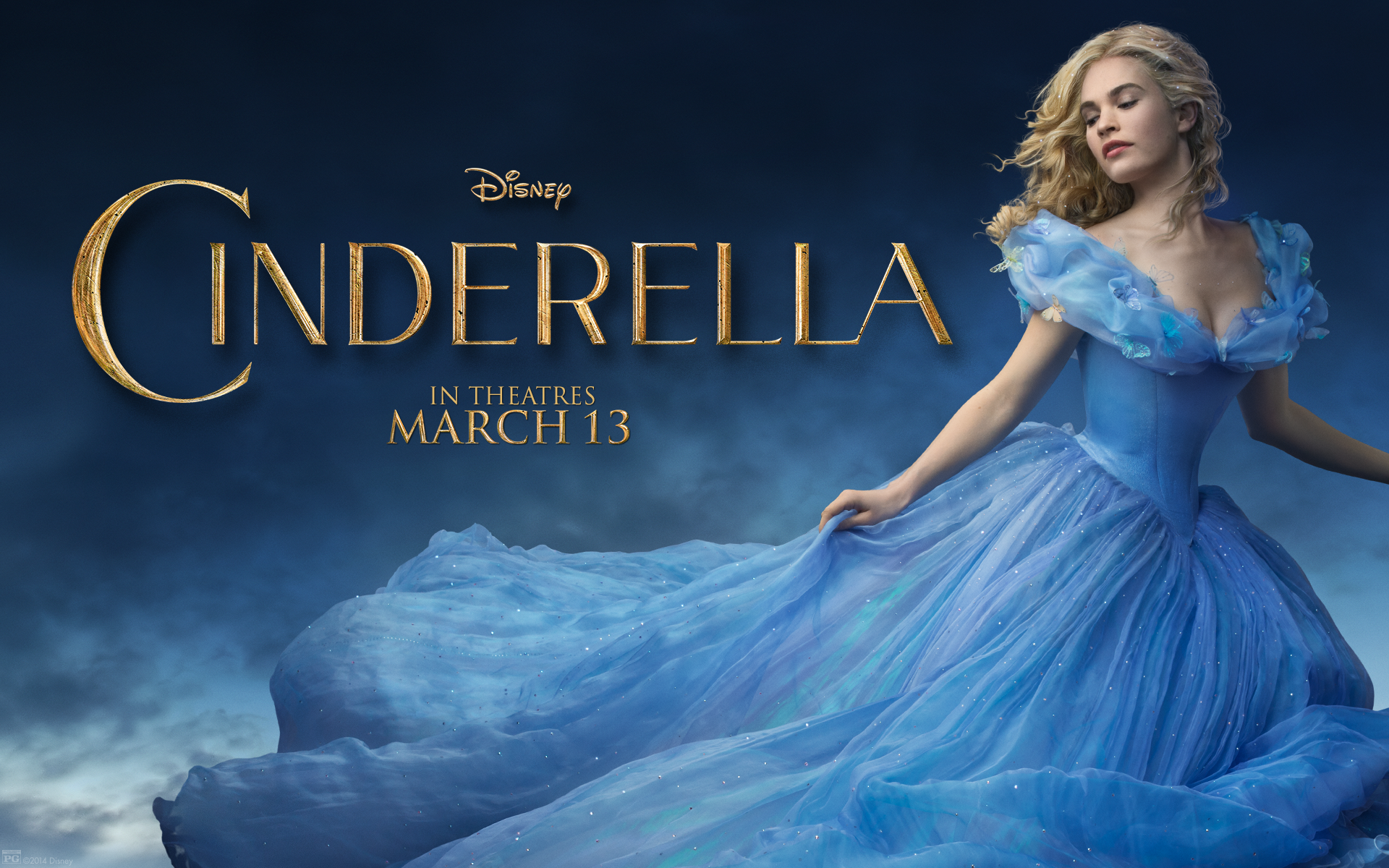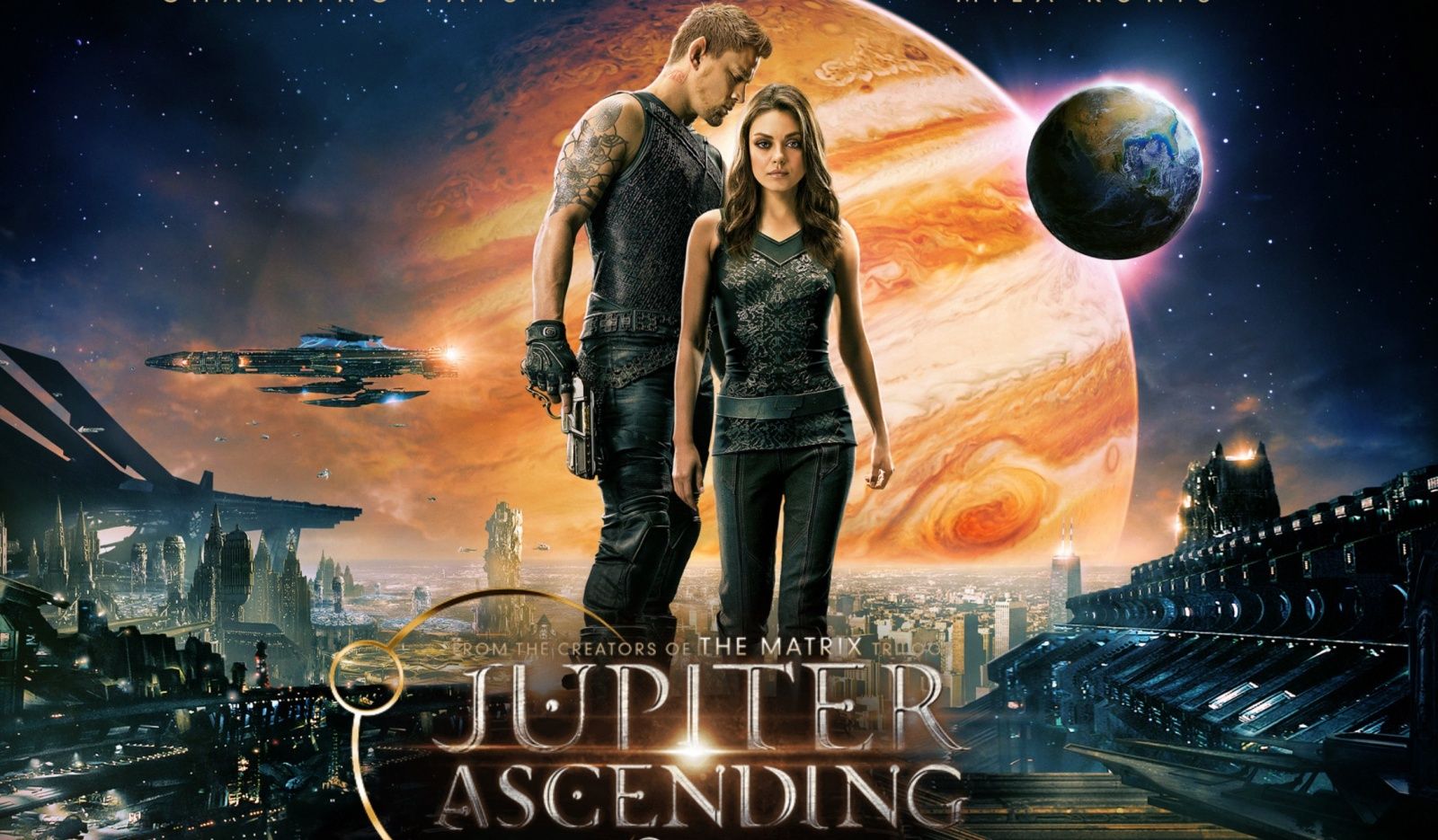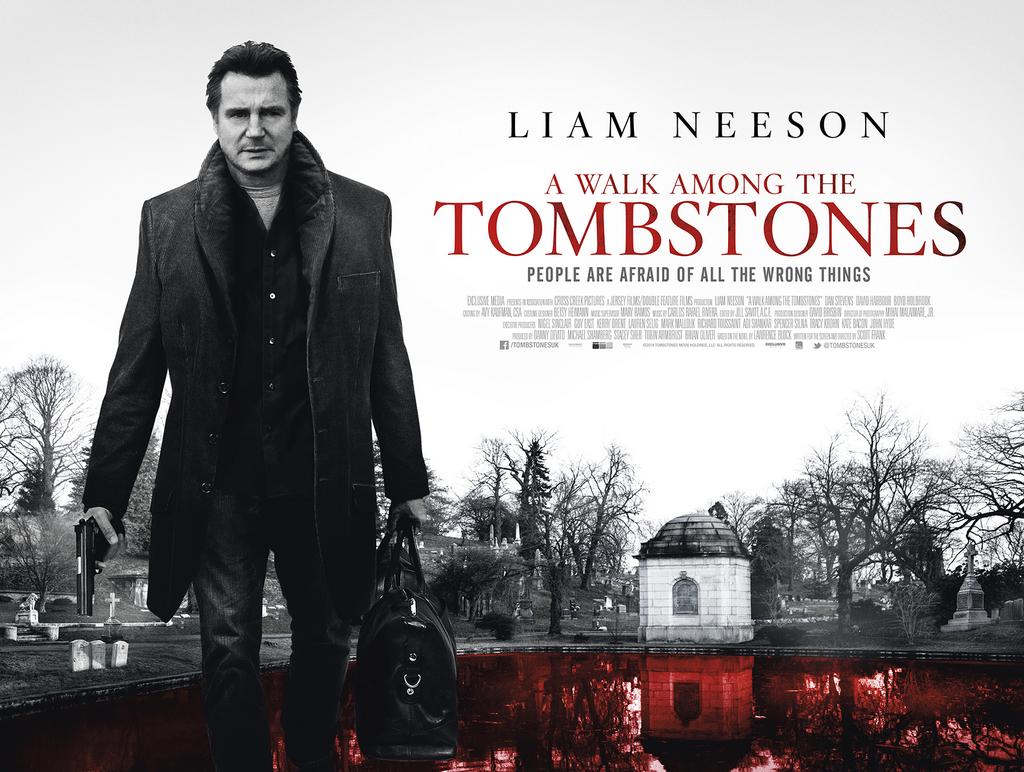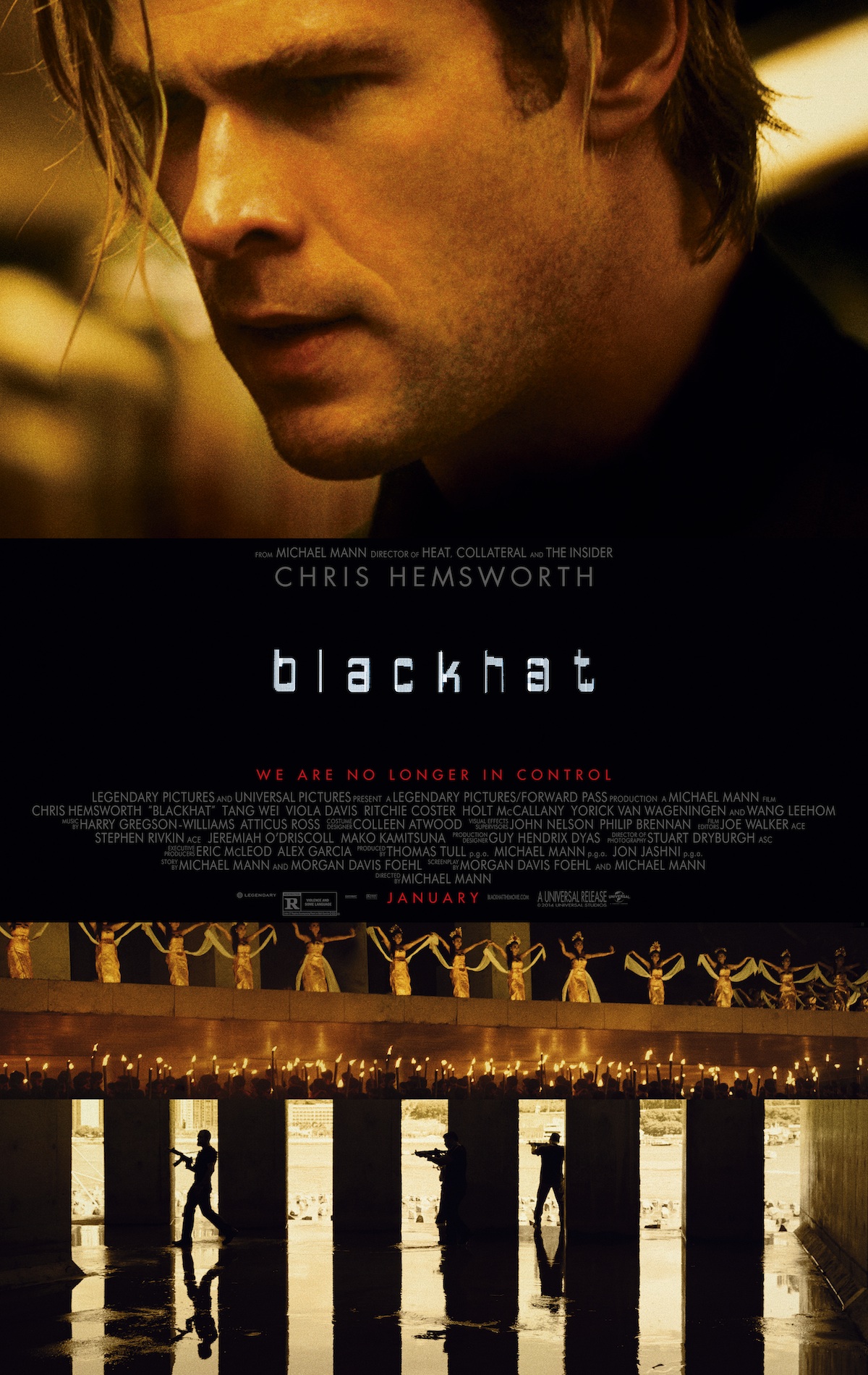It’s not all uncommon to hear the word ‘Netflix’ in a conversation at Chatham. It’s generally assumed that we, as college students in the year 2015, would find time to relax and/or procrastinate on writing that intensive paper by streaming films online. I’ve always considered it to be almost like a red beacon, beckoning me away from my studies for just a couple of minutes. As a result, I researched IMDb’s top 4 highest rated films on Netflix to watch.
4.The Pianist (2002)
Director: Roman Polonski
Starring: Adrien Brody, Thomas Kretschmann, Frank Finky
There’s a saying that seems very common for anyone who is studying music, or for any of the arts for that matter: ‘Starving Artist.’ Most of us in college dread it whenever someone brings up how difficult the job hunt is. However, for beautiful musician Wladyslaw Szpilman, he starves not because no one will listen to his music, but because he is Jewish. In the era of World War II, a time considered one of the greatest human catastrophes in history, music seems to be the only reason Wladyslaw strives to live. He has to run and hide to be able to survive, and he has to one day be able to play his music.
If there are any words I could use to describe this film, it would be beautifully haunting. Any films that are set during WWII are struck in such hard color and abrasive emotions, because it is all true. The audience doesn’t relate to the film because of their own set of devastation; they connect purely to the raw emotion behind it. This film (and many other films like it) values the ability for a human being to empathize and be able to appreciate and respect those who we have lost.
3. Terminator 2: Judgment Day (1991)
Director: James Cameron
Starring: Arnold Schwarzenegger, Linda Hamilton, Edward Furlong
Taking a step back in time to the good ole days of the 1990s, Netflix selects “Terminator 2: Judgment Day” as its third highest rated film to watch. It is the second time that Arnold Schwarzenegger assumes his role as the terrifying Terminator: Robot Assassin, and it is the second time Sarah Connor races against the clock to survive. Yet, instead of what most audiences believed from the first Terminator movie, James Cameron didn’t want to try to kill Sarah Connor again. The Terminator takes charge on screen as the protector of Sarah Connor’s son, John. John, assuming his role as the smart aleck kid, one day defends the rest of humanity and leads all to a brighter future.
I always considered this movie as a classic Sci-Fi film growing up (until I really knew what the word ‘classic’ meant). Even though it was really well thought of in its time, I didn’t like it as much as the first one. I appreciated John’s character; I also appreciated a woman action hero who knew how to use a gun without whining that she’d get dirty, but I wouldn’t go out of my way to see the film again. In my opinion, this film would probably be behind “Reservoir Dogs” as the 6th movie to watch.
2. Memento (2002)
Director: Christopher Nolan
Starring: Guy Pearce, Carrie-Anne Moss, Joe Pantoliane
It doesn’t sound so terrible to go to sleep and wake up to a brand new life. If you didn’t like what you did that day, you could wake up to a new mindset. Yet, when most of us feel that way, we don’t actually want to experience it every day. For Leonard Shelby, he wakes up with no recollection of what he did yesterday. Head trauma made him lose his ability to create new memories, and the only memory he really remembers, apart from who he is, is the death of his wife. With new tattoos every morning, he forces his future self to remember parts of what his past self has discovered about the man who murdered his wife and left him for dead. However, he can’t believe anything he has found out. A tale of psychological warfare with friends, family, and himself, Leonard has to race his own mind before he forgets how to take his vengeance.
1. Once Upon a Time in the West (1968)
Director: Sergio Leone
Starring: Henry Fonda, Charles Bronson, Claudia Cardinale
As the highest rated film on Netflix, I was happy that they had chosen this classic Spaghetti Western. Full of drama, intense close ups, and intimate exposures on the Wild West, “Once Upon a Time in the West” doesn’t disappoint. This film is all you would want for a western film to have: a hero with a vengeful backstory, the criminal who caused the pain, an oppressed town with fearful townspeople, and the female love interest that can be as fearsome as a man of her era.
There’s nothing I love more that watching a classic after watching so many painstaking tries for new films to be as original as possible. It isn’t because they don’t do their job and every filmmaker deserves their credits for providing entertainment with the right message; but classic films are the films from which filmmakers get their inspiration. With the classic looks and the breakthrough cinematic landmarks, all the big stars of their time have set the bars for filmmakers to jump higher and higher. They all help us remember on how far film magic has come from that first shot of the moving train. Imagination and creativity are what drive filmmakers to break that final barrier of what is real and what can be shown as magical.
